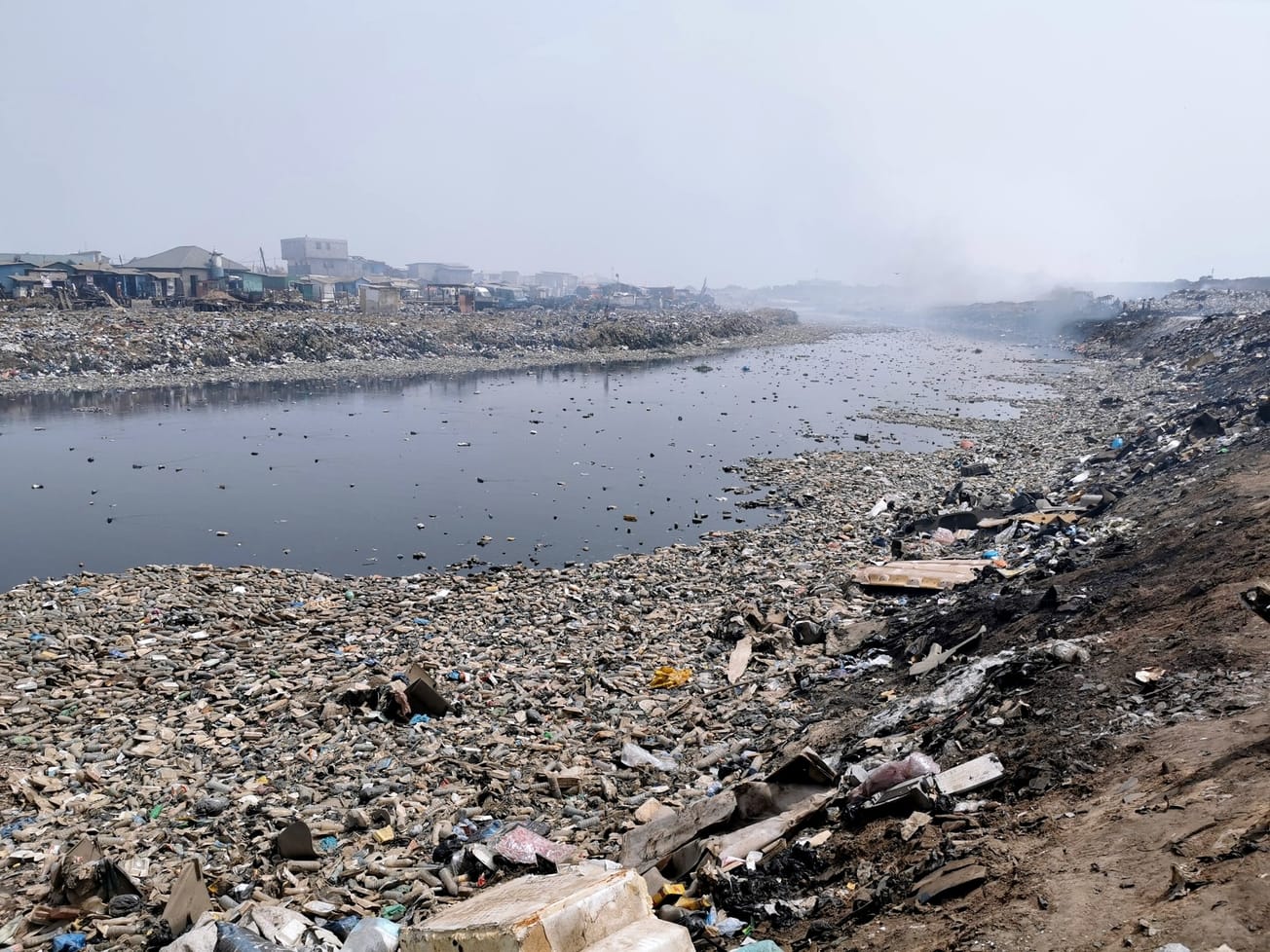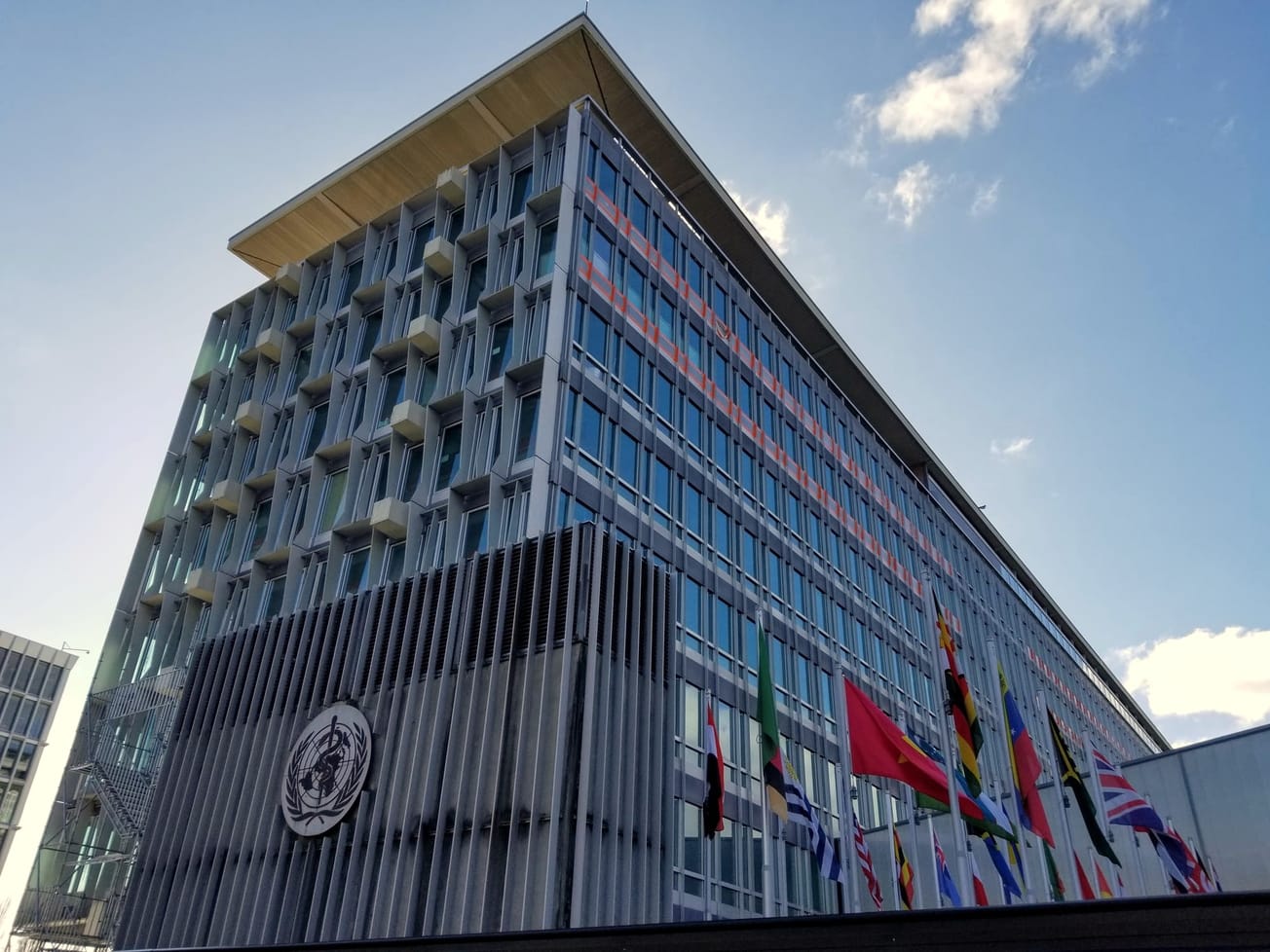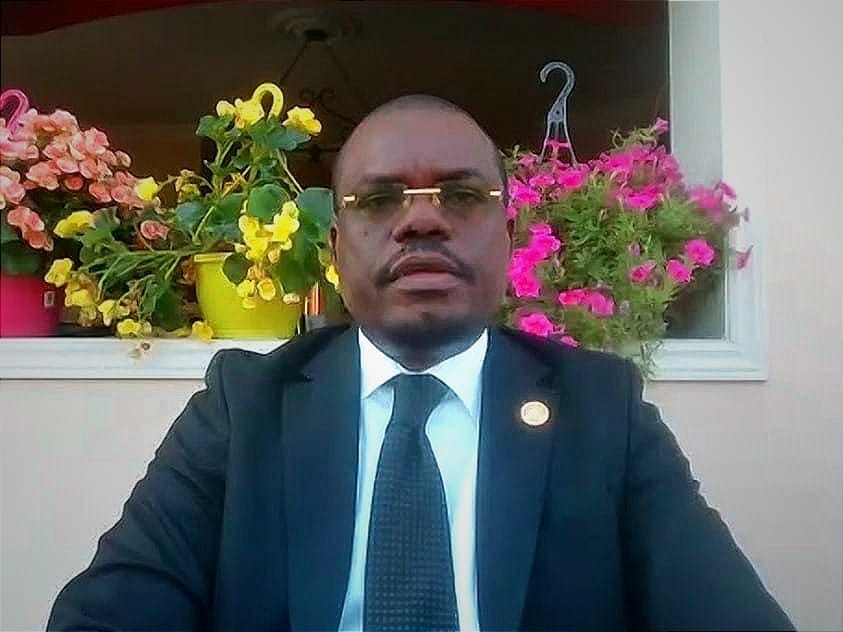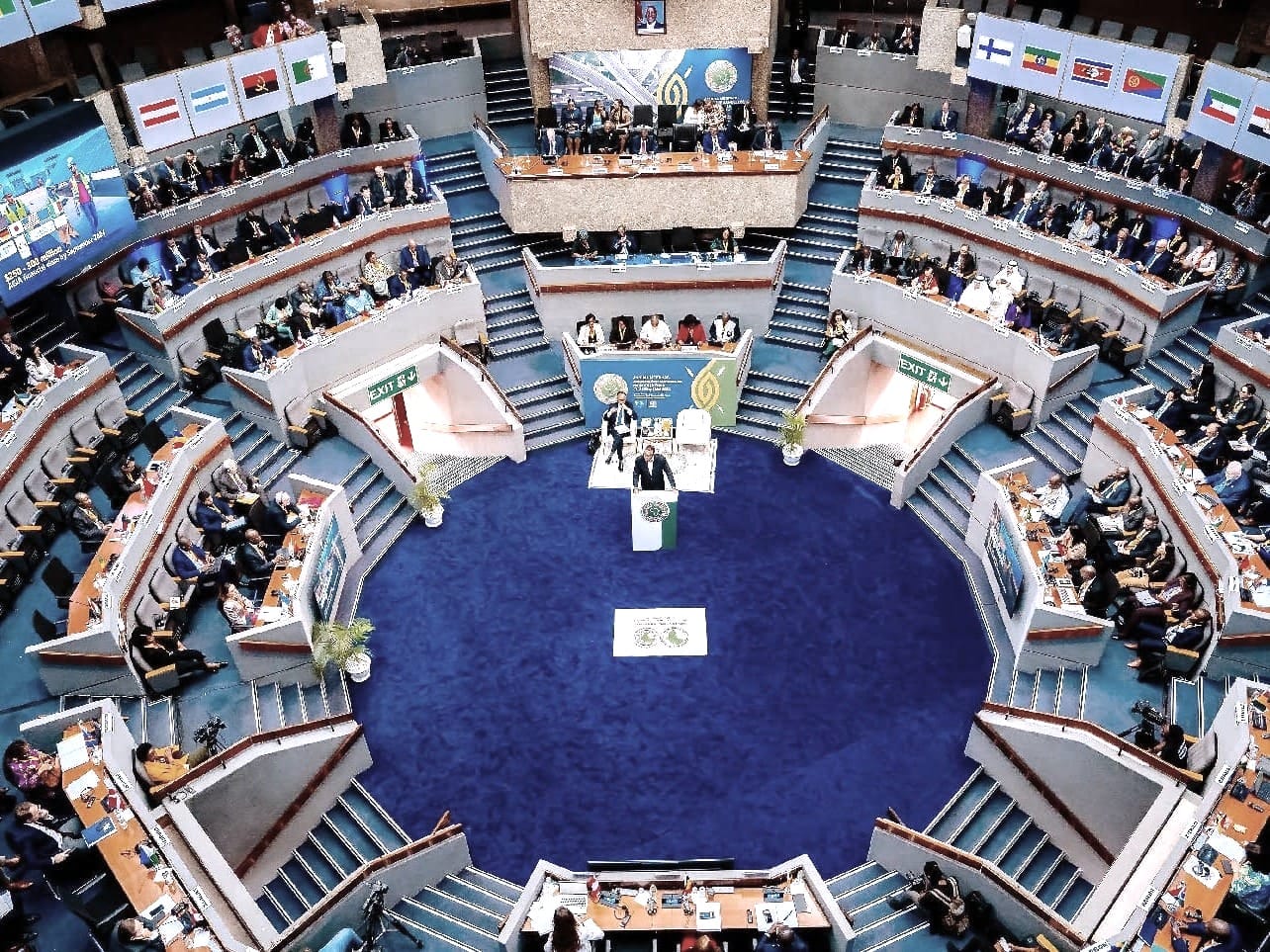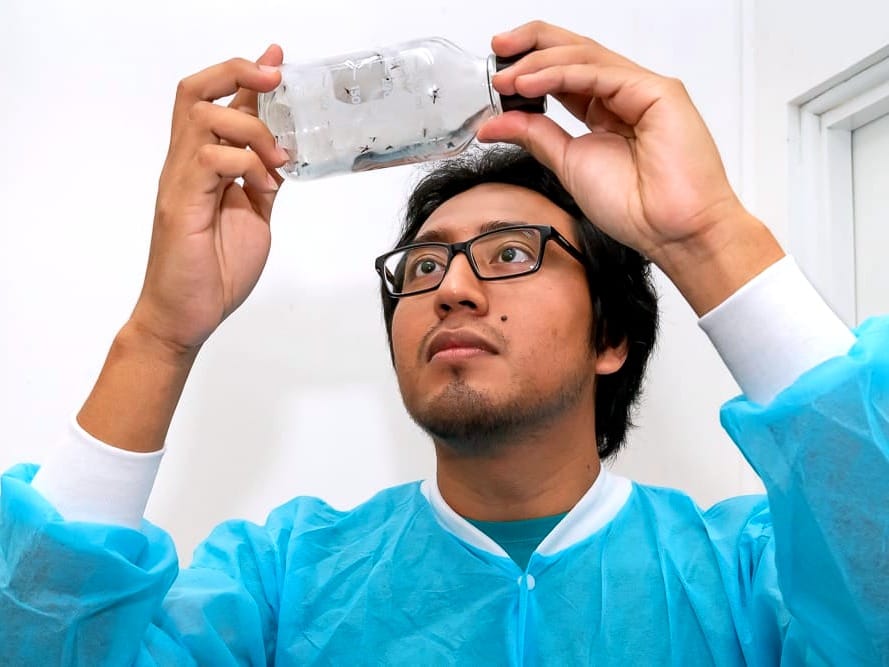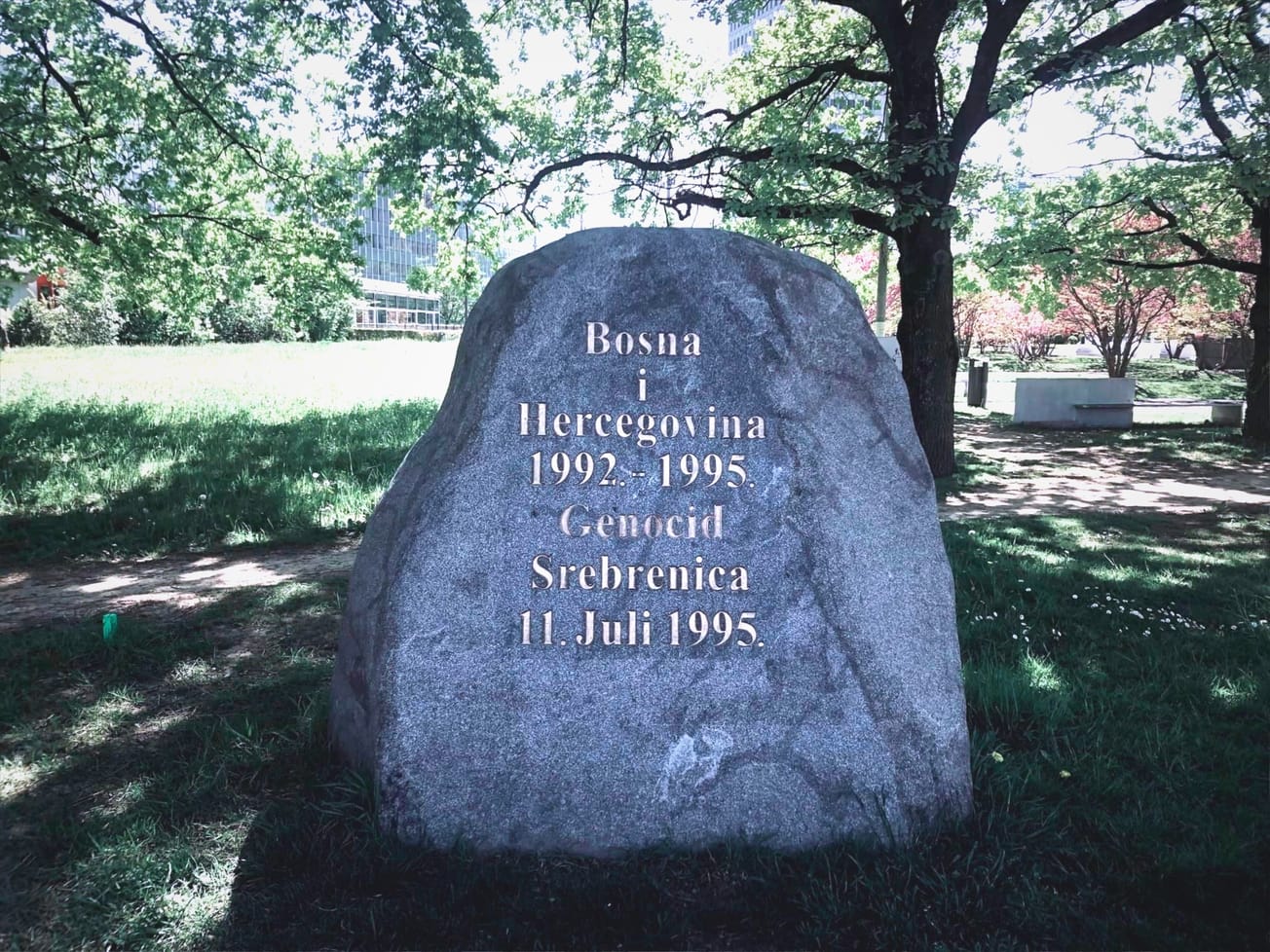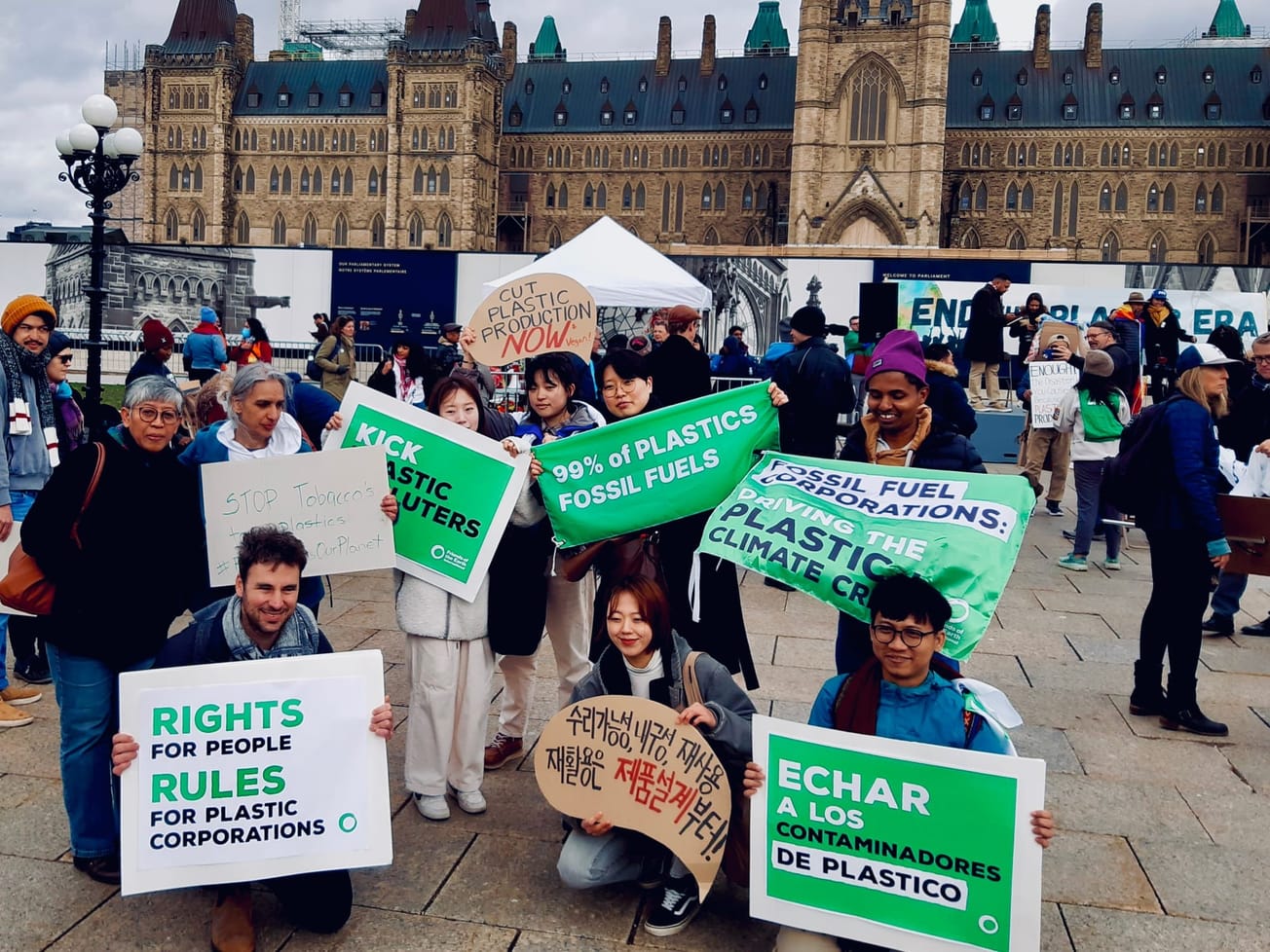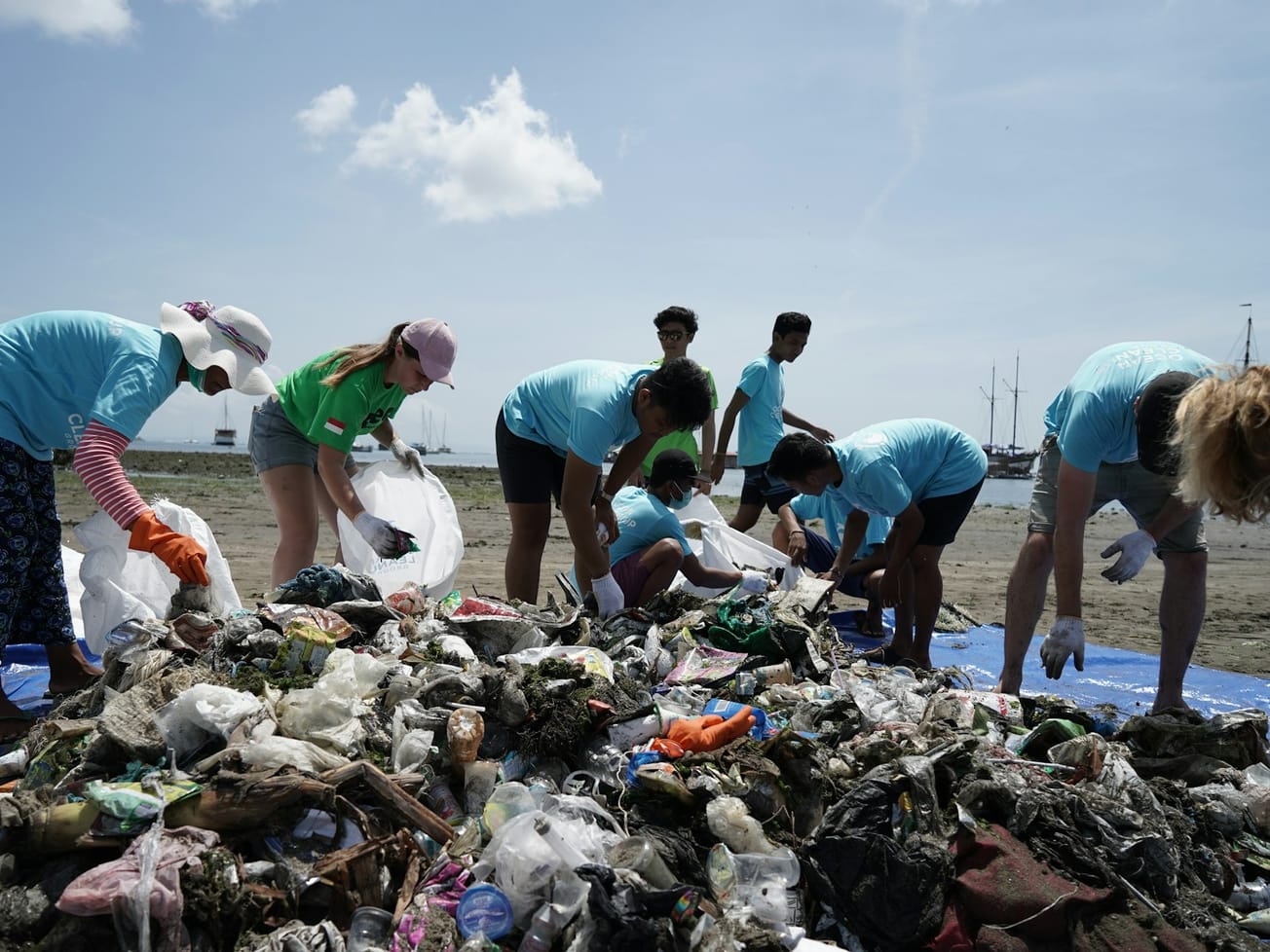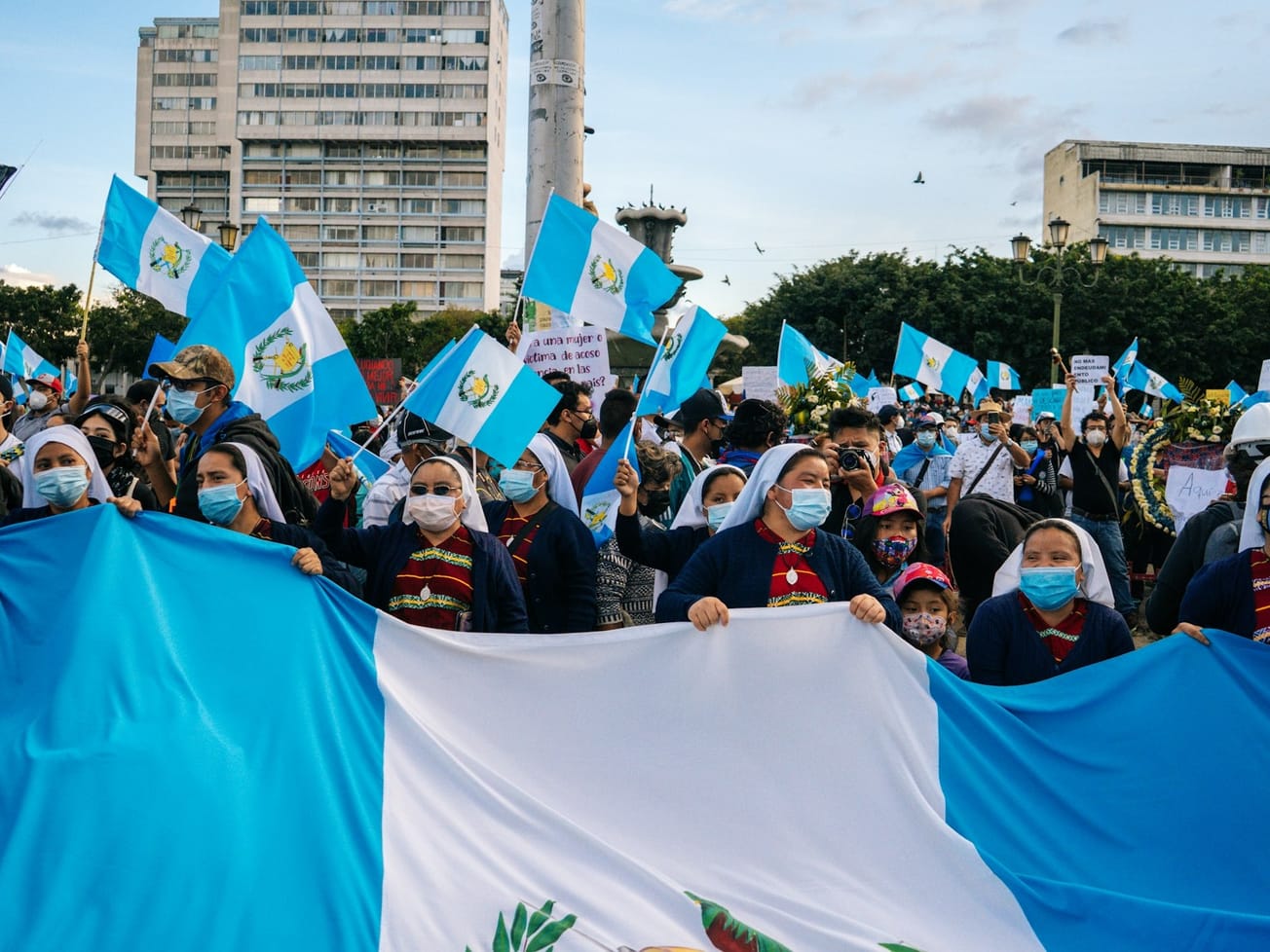
Global aid cuts pose 'threat of major backsliding' with maternal deaths
The loss of funding could unravel major progress since 2000 in reducing women's deaths during pregnancy and childbirth.
Already have an account? Log in
The loss of funding could unravel major progress since 2000 in reducing women's deaths during pregnancy and childbirth.
Adopted in 2023, the policy agreement is a major boost for multilateral science diplomacy between Africa and Europe.
Nations for plastic production limits and oil-rich producers deadlocked in the hours before the talks were set to expire.
Negotiators are meeting in Busan, South Korea to conclude the world's first legally binding plastic waste treaty.
The U.N. weather agency calls for urgent action to protect water supplies, the ‘canary in the coalmine of climate change.'
Alarmed at the spread of a new variant, the U.N. health agency's move follows an previous one that ended last year.
WHO will convene an emergency panel to determine if the mpox outbreak in Africa is a global public health emergency.
Calls for more debt relief and climate finance dominated the multilateral development bank's annual meeting.
Most research has focused on wealthier countries that have relatively low disease rates and access to quality heath care.
The resolution sponsored by Germany and Rwanda reflects an effort to remember the lessons of 20th century genocides.
Some pointed to a recent landmark human rights ruling on climate change as a potential use for a Global Plastics Treaty.
IPU's chief Martin Chungong says its statistics show that 'women bear the brunt of the hate in the political space.'
Oil and plastic producing nations and lobbyists sought more emphasis on recycling instead of production cuts.
This is the third round of talks to develop an international legally binding deal that includes plastic waste in the ocean.
A new report's evidence of threats and retaliation extends to 12 of the U.N. Human Rights Council's 47 member nations.
About 69% of all the plastics produced, mainly through fossil fuel burning, are used just once or twice before they are thrown away. About 22% is mismanaged. Just 9% is recycled.


